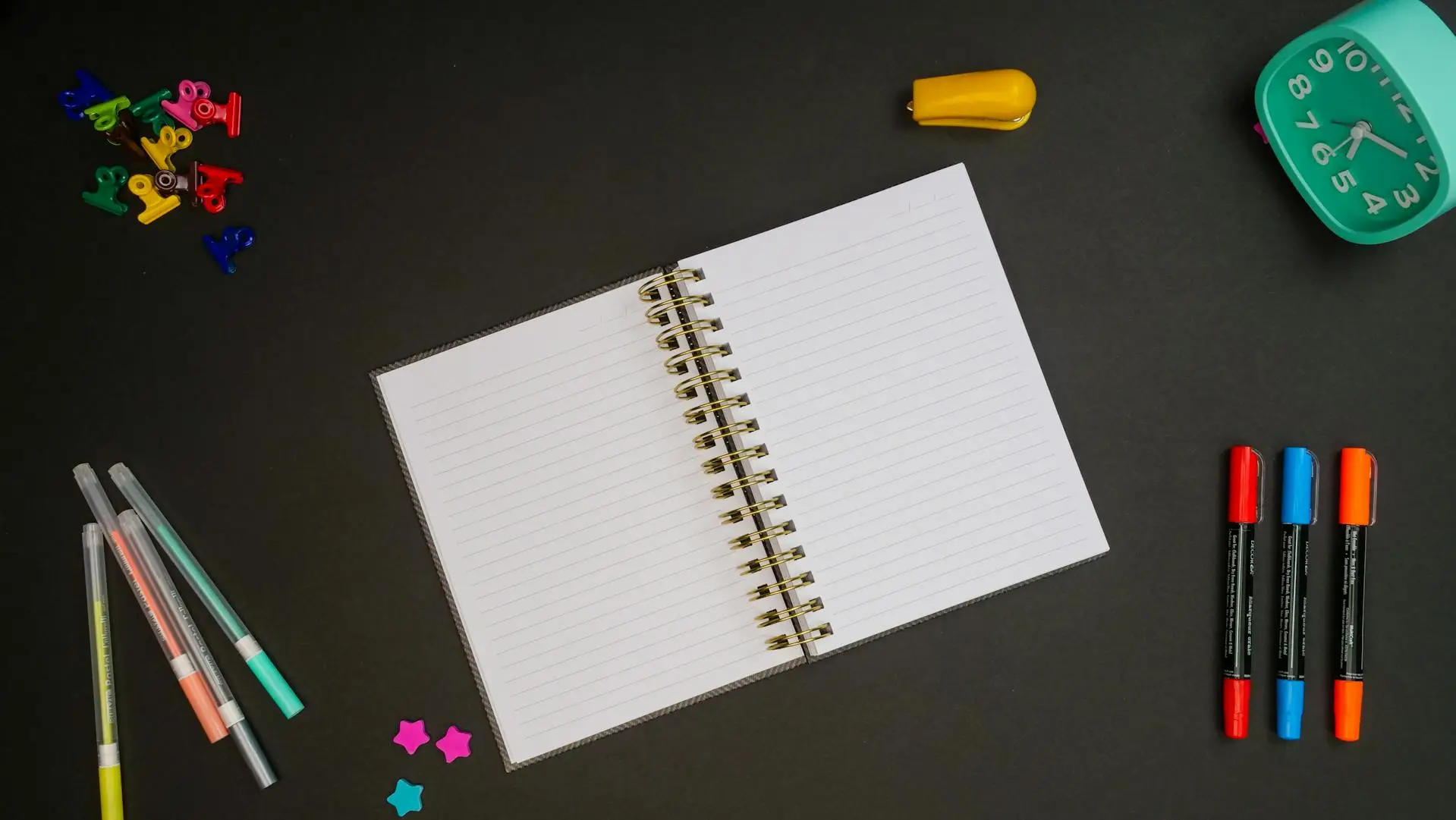Purpose:
To provide freelance academic writers with a clear guide to writing strong cover letters that attract clients, secure interviews, and highlight their skills effectively. The post will offer practical steps, examples, and tips to create impactful cover letters.
Content:
1. Introduction: The role of a cover letter in securing opportunities
A cover letter serves as your first impression when applying for a job, freelance gig, or project. While a resume lists your qualifications, a cover letter allows you to tell your story, highlight relevant skills, and explain why you’re the best candidate.
For freelance academic writers, a strong cover letter can mean the difference between being overlooked and securing a high-paying client. It’s an opportunity to show clients how your expertise aligns with their needs.
2. What makes a strong cover letter: Key components to include
An effective cover letter includes:
- A professional greeting and introduction.
- A clear explanation of why you’re applying.
- Specific examples of relevant skills, experiences, or achievements.
- Personalization to the client or employer’s needs.
- A confident closing statement with a call to action.
3. Step-by-step guide to writing an impactful cover letter
a) Addressing the recipient professionally
Always address the cover letter to the appropriate person. If the name isn’t provided, take the time to research it. If you cannot find the name, use a professional greeting such as:
- “Dear Hiring Manager”
- “Dear [Company Name] Team”
A personalized greeting shows effort and attention to detail.
b) Crafting a compelling opening paragraph
The opening paragraph should immediately grab attention and explain your purpose. Start with confidence and convey your enthusiasm.
Example:
“As a professional freelance academic writer with over five years of experience, I specialize in delivering high-quality research papers and dissertations that exceed client expectations. I’m excited to apply my expertise to help your team meet its academic writing goals.”
c) Highlighting your skills and achievements
In the body of the letter, showcase your relevant experience, specific skills, and achievements. Use measurable results where possible to build credibility.
Example:
“I have successfully completed over 400 academic writing projects across diverse fields, including business studies, social sciences, and humanities. My work adheres to APA, MLA, and Chicago styles, ensuring clients receive polished, error-free content that meets academic standards.”
d) Tailoring the letter to the client or employer’s needs
Customize your cover letter to address the specific requirements mentioned in the job post or project description. Focus on how your skills solve their problems.
Example:
“Your request for detail-oriented writers aligns perfectly with my approach to research and writing. I ensure every project is supported by credible sources, thorough analysis, and flawless formatting to meet the highest academic standards.”
e) Closing with a strong call to action
End the letter with a confident closing that invites the client to take action, such as scheduling a call or discussing the project further.
Example:
“I would love the opportunity to discuss how my skills can contribute to your success. Please feel free to contact me at your convenience. I look forward to hearing from you!”
Finish with a professional closing, such as:
- “Best regards,”
- “Sincerely,”
Include your name, email, and contact details.
4. Common mistakes to avoid in cover letters
Avoid these common pitfalls to ensure your cover letter stands out:
- Being too generic: Customize each cover letter for the role or project.
- Repeating your resume: Expand on your resume, don’t duplicate it.
- Focusing on yourself: Highlight how your skills benefit the client, not just your goals.
- Neglecting formatting: Keep it professional, concise, and free of typos.
- Skipping a call to action: Always encourage the client to take the next step.
5. Sample cover letter for freelance academic writers
Dear [Client Name],
I am excited to apply for your [specific project or position], bringing over five years of experience as a freelance academic writer. I specialize in crafting well-researched essays, theses, and dissertations that meet APA, MLA, and Chicago standards.
Over the years, I’ve helped hundreds of clients secure top grades through detailed research, critical analysis, and timely delivery. For example, I recently assisted a client with a 20,000-word dissertation, earning praise for my clarity, depth of research, and adherence to guidelines.
Your project requirements resonate with my expertise in delivering quality academic content tailored to client needs. I pride myself on clear communication, meticulous attention to detail, and consistently meeting deadlines.
I would love the opportunity to contribute to your success and discuss how my skills align with your project. Please feel free to contact me at your convenience.
Best regards,
[Your Name]
[Your Contact Information]
6. Why a strong cover letter matters in freelance writing
In freelance writing, competition is fierce. Clients receive dozens of applications for a single project. A strong cover letter differentiates you by:
- Demonstrating professionalism and credibility.
- Showcasing your ability to meet client needs.
- Building trust through personalized communication.
A well-crafted cover letter proves that you’re not only qualified but also the right fit for the project.
7. Final tips to perfect your cover letter
- Keep it concise (one page, 3-4 paragraphs).
- Use a clean, professional format with no distractions.
- Proofread for grammar, spelling, and clarity.
- Show enthusiasm without over-promising.
- Tailor each letter to the specific opportunity.
Conclusion
A strong cover letter can open doors to countless freelance opportunities. By crafting a personalized, engaging, and professional letter, you highlight your value and increase your chances of landing high-quality projects. Take the time to perfect your cover letter, and watch how it transforms your freelancing success.

